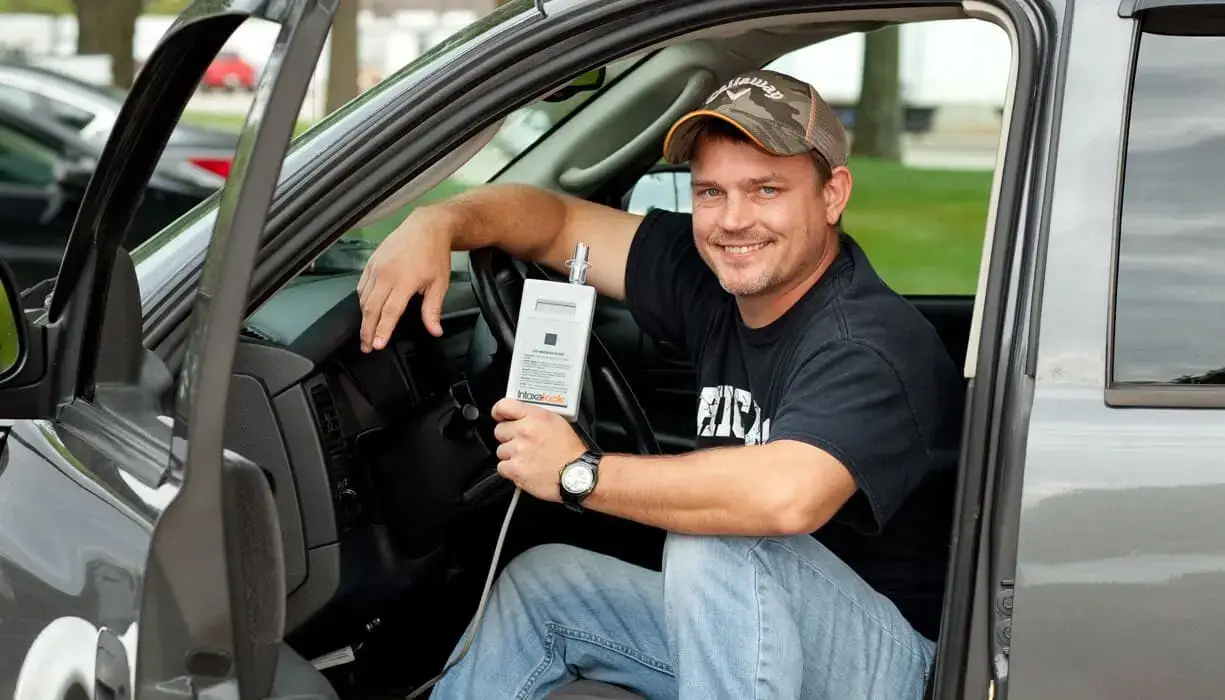Creating the Most Effective Ignition Interlock Law
Ignition interlock devices are one of the most effective ways to stop a drunk driver from continuing to drive drunk. In fact, statistics show that IIDs prevented 350,000 drunk driving attempts in 2016 alone and 2.3 million since 2006.
When effectively implemented, ignition interlock laws drastically cut down the number of alcohol-related traffic accidents and fatalities. Since their introduction into the market, ignition interlock devices have evolved to become as effective as possible in preventing drunk driving.
However, while all 50 states and Washington, D.C., have some sort of IID program, each state has its own law, which means there’s no national strategy that oversees ignition interlock requirements.
Currently, 33 states and Washington, D.C, require ignition interlock devices for all drunk driving offenders, with Kentucky as the latest state to pass all-offender legislation. Both Mothers Against Drunk Driving and the American Association of Motor Vehicle Administrators have outlined key aspects that should be included in the ideal first-offense drunk driving interlock law. Those recommendations include:
- States should have a well-established indigent fund or financial assistance program in place.
- Interlocks should be required for first-time refusals to provide a breath test at time of arrest.
- Interlocks should be allowed to be installed immediately after arrest and clients who install early will receive time towards their interlock requirement upon conviction.
- Require plea agreements or reductions in the original DUI charge to still install an ignition interlock.
- Legal compliance-based device removals.
- Advanced technology features to improve compliance based monitoring such as cameras for identity verification, or GPS for restricted routes.
- Real-time reporting can be used to prevent drunk driving attempts in conjunction with GPS information.
At present, no state has adopted all of these recommendations as part of their ignition interlock program. However, MADD’s report contains legislative recommendations for each state on how to strengthen their ignition interlock laws. Improving the effectiveness of each state’s ignition interlock program will help reduce the number of alcohol-related accidents and fatalities.
MADD also recommends mandatory installation of ignition interlocks in every state for every convicted drunk driver and advocates for more widespread use of high-visibility law enforcement efforts and incorporating more technology designed to stop people from driving drunk.
AAMVA recommends that education and treatment should be used in conjunction with the ignition interlock device to reduce drunk driving recidivism. The organization specifically recommends that every jurisdiction should adopt 24/7 sobriety programs to have the most effective program in place.
Ignition interlock devices have been crucial in helping prevent drunk driving deaths nationwide. As states continue to implement stricter interlock laws, the number of people involved in alcohol-related accidents will continue to decline, creating safer roads and many more responsible drivers. To learn more about how Intoxalock can help your clients, please reach out to us at Partner@Intoxalock.com today!
If you are in need of an IID price quote, call our state specialists at 833-623-0200 for more information.




